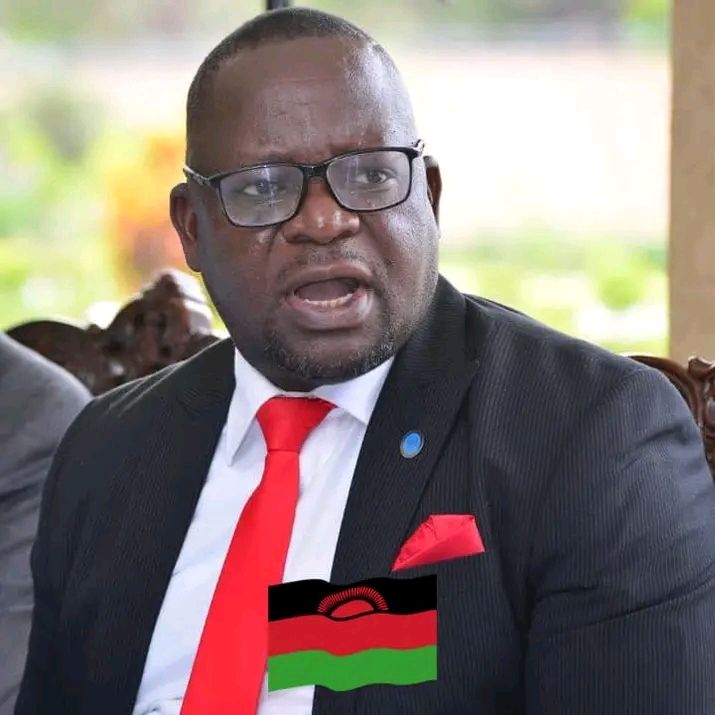By Twink Jones Gadama
The Democratic Progressive Party (DPP) has condemned the Chakwera administration for promoting nepotism in the recent recruitment of police officers.
In a scathing press release signed by national publicity secretary and presidential spokesperson Honourable Shadreck Namalomba, the DPP has accused the government of prioritizing regionalism and tribalism over meritocracy and fairness.
According to the DPP, the recent passing out parade of new recruits revealed a shocking disparity in the numbers of officers from different regions.

The Central Region received a staggering 1222 recruits, while the South and North Regions got a paltry 459 and 320 respectively.
This, the DPP argues, is a clear indication that the Chakwera administration is prioritizing regional interests over national interests.
The DPP has demanded an immediate explanation from the Chakwera administration for this blatant disregard for fairness and equity.
They have also called for the recruitment process to be reviewed and revised to ensure that all regions are represented fairly.
Furthermore, they have urged the Malawi Human Rights Commission and other civil society organizations to investigate this matter and hold the Chakwera administration accountable for their actions.
The DPP has vowed to continue speaking out against this injustice and fighting for the rights of all Malawians, regardless of their region or tribe.
They argue that the Chakwera administration’s promotion of nepotism is a threat to national unity and stability, and that it undermines the principles of equal opportunities and meritocracy.
This is not the first time that the Chakwera administration has been accused of nepotism.
There have been several instances where the government has been accused of prioritizing regional interests over national interests.
However, the DPP’s condemnation of the recent police recruitment process has brought the issue to the forefront once again.
The implications of this nepotism are far-reaching.
If the police force is recruited based on regional and tribal lines, it can lead to further divisions and mistrust in society.
It can also undermine the effectiveness and credibility of the police force, making it difficult for them to serve and protect all Malawians equally.
The DPP’s call for fairness, equity, and justice in all government recruitment processes is a timely reminder that the government has a responsibility to serve all Malawians equally.
It is a call that resonates with many Malawians who are tired of the divisive politics that has characterized the Chakwera administration.
As the debate over nepotism in the police recruitment process continues, one thing is clear: the Chakwera administration must take responsibility for their actions and ensure that all Malawians are treated equally and have access to opportunities regardless of their region or tribe.
Anything less is a betrayal of the trust that Malawians have placed in their government.


